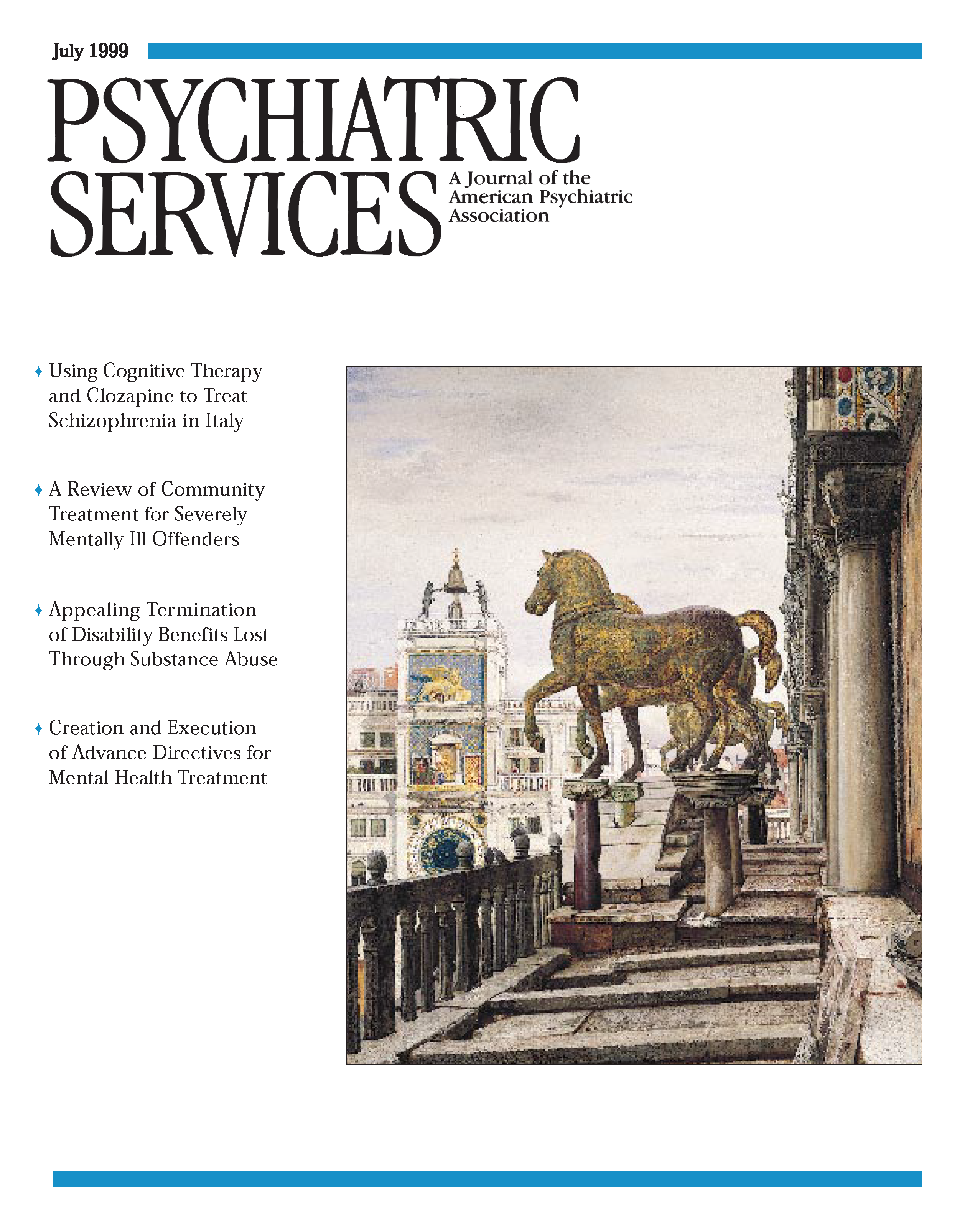In 1995 Congress voted to discontinue Supplemental Security Income (SSI) disability benefits to drug abusers and alcoholics. Opponents of the move argued that addicts were just as "disabled" as, say, someone with severe emphysema. A more legitimate argument was that many of the SSI beneficiaries were also mentally ill. In fact, as Watkins and colleagues point out in this issue, their drug problems were actually quite negligible. Thus many beneficiaries should never have been designated as "disabled by addiction" in the first place.
Nonetheless, the debate over disability benefits for addicts and alcoholics was a healthy one. It got lawmakers, clinicians, and public health administrators to think about what it really means to be "disabled" by addiction, how similar addiction may be to brain diseases like schizophrenia, how accountable the addict is, and what society actually owes the addict and vice versa. A version of the debate took place last summer in New York City when Mayor Rudolph Giuliani told city-run methadone clinics that their welfare-supported patients should participate in work-fare. The clinics insisted that their patients were sick and incapable of work. But the idea that able-bodied addicts got free methadone plus a benefits check understandably rankled, and the mayor threatened to shut down the clinics.
These events suggest a growing intolerance of the view that addicts are victims of illness. The public and many lawmakers want addicts to enter into a contract: taxpayers will help support them while they are in treatment and are training for jobs, but if they don't keep the bargain, they're on their own. Score one for personal responsibility.
But medicalizing drug addiction undermines these sentiments. The National Institute on Drug Addiction has launched a full-blown public education campaign with the slogan "Addiction is a chronic and relapsing brain disease." Drug czar Barry McCaffrey, Senator Daniel Patrick Moynihan, and TV personality Bill Moyers have been quick to embrace the rhetoric.
To be sure, drugs affect the brain. And people in the throes of heroin withdrawal or on a cocaine binge cannot reasonably be expected to "control" themselves. But to reduce addiction to a slice of deranged brain tissue vastly underplays the reality that much of addictive behavior is voluntary. Indeed, many addicts have periods of clean time lasting for weeks, months, or years. During those times it is the individual's responsibility to make himself less vulnerable to relapse.
The person, not his autonomous brain, is the instigator of relapse and the agent of recovery. Calling addiction a chronic and relapsing disease, comparable to asthma or diabetes, implies that "Once an addict, always an addict."

